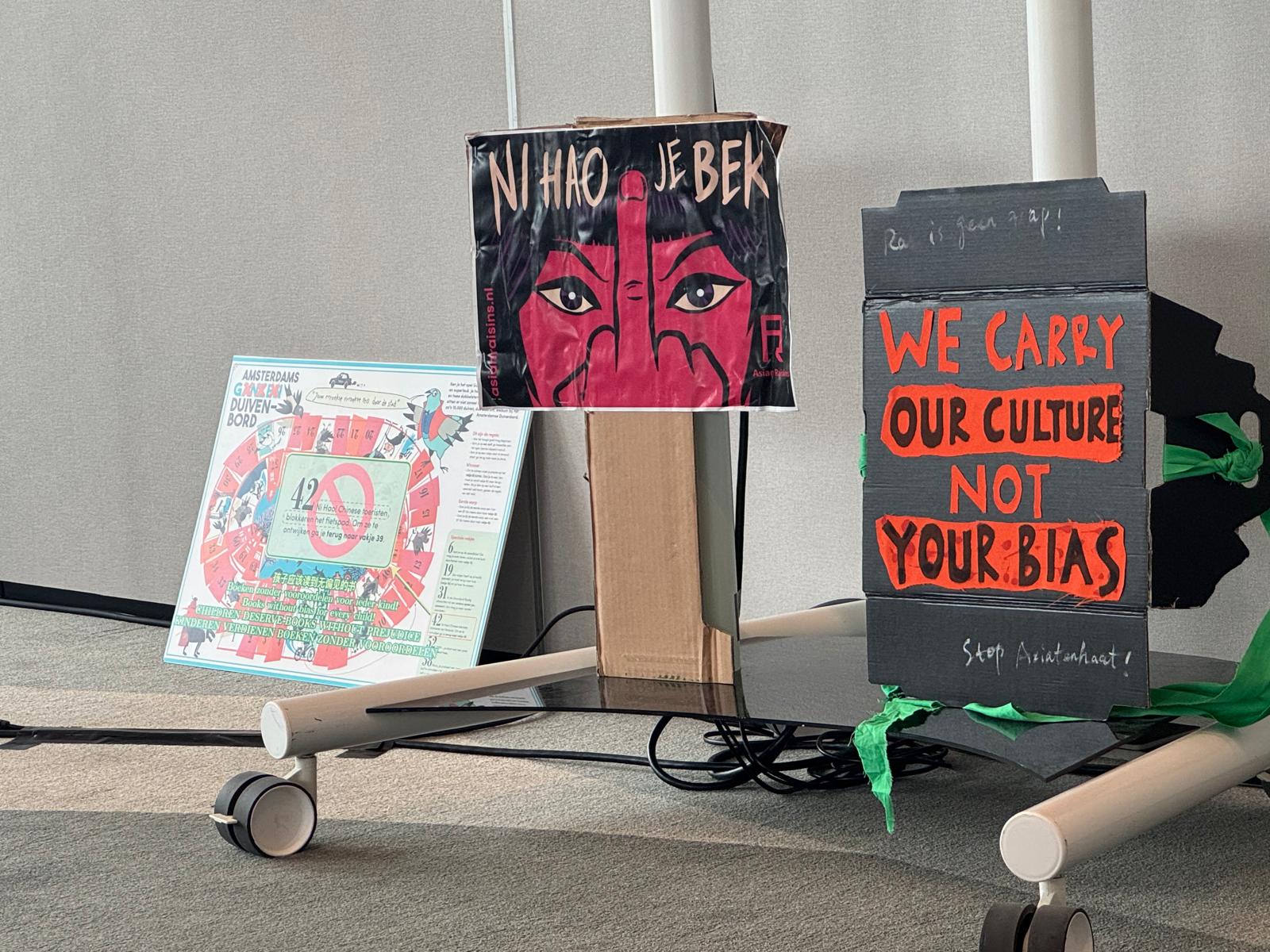New discrimination test and manifesto at anti-racism conference
Senay Boztas
The Dutch government is launching a new “discrimination test” so departments can check whether their policies and algorithms risk ethnic profiling, caretaker home affairs minister Judith Uitermark announced at a national congress against discrimination and racism on Thursday.
Meanwhile national coordinator against discrimination and racism Rabin Baldewsingh has launched a 10-point “manifesto” for political parties in the coming election to tackle exclusion in government, housing, the Caribbean and protect young people.
But it was clear in different sessions where experts presented new research that the Netherlands has a problem that some believe is brushed under the carpet of self-described tolerance.
Uitermark said she had lain awake at night thinking about the figures. “Everyone knows the reality is different,” she said in a speech to some 800 delegates. “It is noteworthy that people experience so many types of discrimination, and if I look at the most common three, they are race or skin colour, a second nationality and sex.
“One study showed 29% of civil servants with foreign roots had experienced racism…Children have told me how much pain it caused…Women I know who wear a headscarf get angry looks, nasty comments and sometimes worse.”
The minister cited recent figures from Dutch statistics office CBS suggesting one in 10 people had felt discriminated against in 2023. In the wake of the childcare benefits affair, in which some 40,000 parents often with double or foreign nationalities were falsely accused of fraud by the tax office, she admitted that the government was guilty itself.
Stopping this is the aim of the new discrimination test to be launched this year. “In the government, there is no place for discrimination and racism – not towards citizens and not towards each other,” she said.
New figures presented by the Pan Asian Collective and Utrecht University researchers meanwhile showed that in 14 years of reports from the four national DPG Media newspapers, just 0.57% were related to Asia or Asians.
Most were international reports on current events or the economy but in domestic reporting, the bias was for topics such as cuisine, coronavirus, migrants and opinion articles – plus criminality, massage services and sex.
“Asia is usually elsewhere, and if it’s about the Asian communities in the Netherlands, they are not that visible,” said researcher Dr Dennis Nguyen.
Dr Diantha Vliet analysed the small group of articles on the Asian community in the country during that period – around 30 – and found that minorities were sometimes set against each other.
“It is mostly opinion pieces from people of Asian background about who is allowed to belong…and what you have to do to be judged as Dutch,” she said. “Dutch tolerance is a marketing term.”

Dutch king Willem-Alexander – who was present at the conference shortly after hosting American president Donald Trump – said that when he took his oath in 2013, he promised to represent all Dutch people and uphold the first article of the constitution of equality for all before the law.
“I think it really is important that there is continuing attention so that we can work to combat discrimination in this country so that everyone feels safe and free,” he said.
The conference included sessions on AI, pregnancy discrimination, access for disabled people and medical care for black people.
Baldewingh – who presented the king with a book, sang and performed a poem – said it is a national task.
“We live in times where diversity and inclusion are often talked about but seldom become a reality,” he said. “We all have a responsibility. Not just the government, institutions or grassroots organisations. But every one of the Netherlands’ 18.1 million residents. It requires that we listen to voices that have long been ignored.”
Thank you for donating to DutchNews.nl.
We could not provide the Dutch News service, and keep it free of charge, without the generous support of our readers. Your donations allow us to report on issues you tell us matter, and provide you with a summary of the most important Dutch news each day.
Make a donation